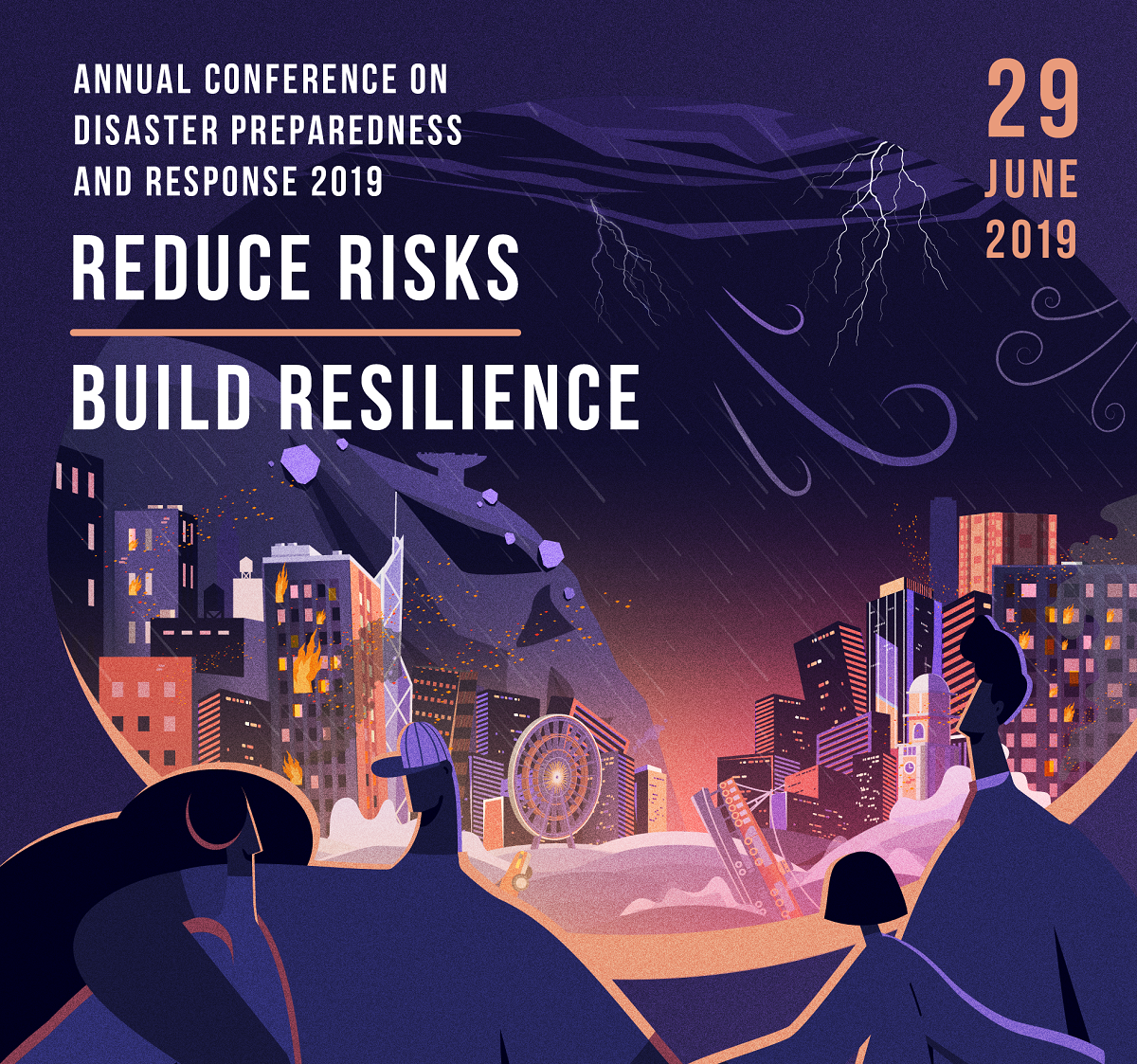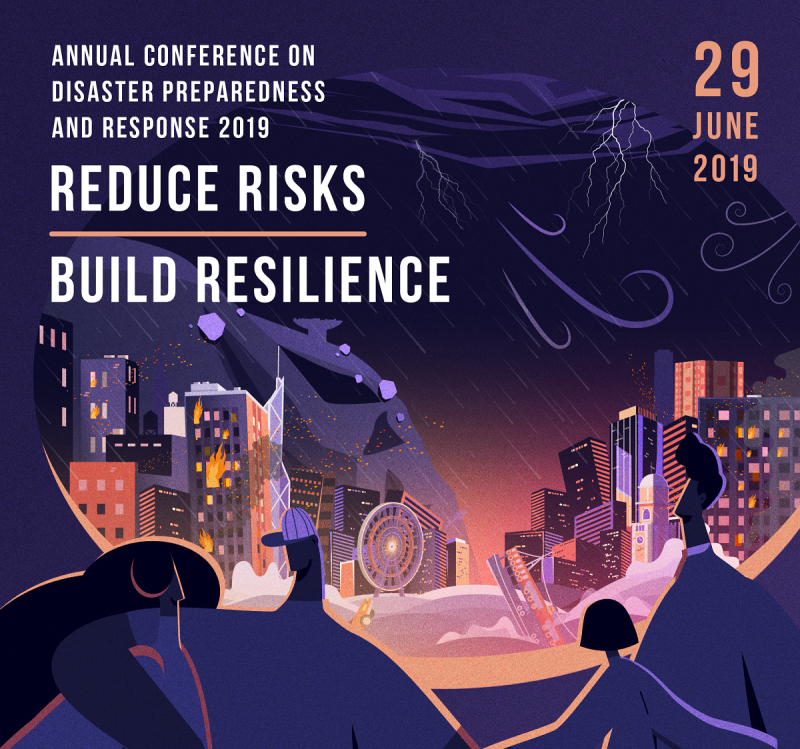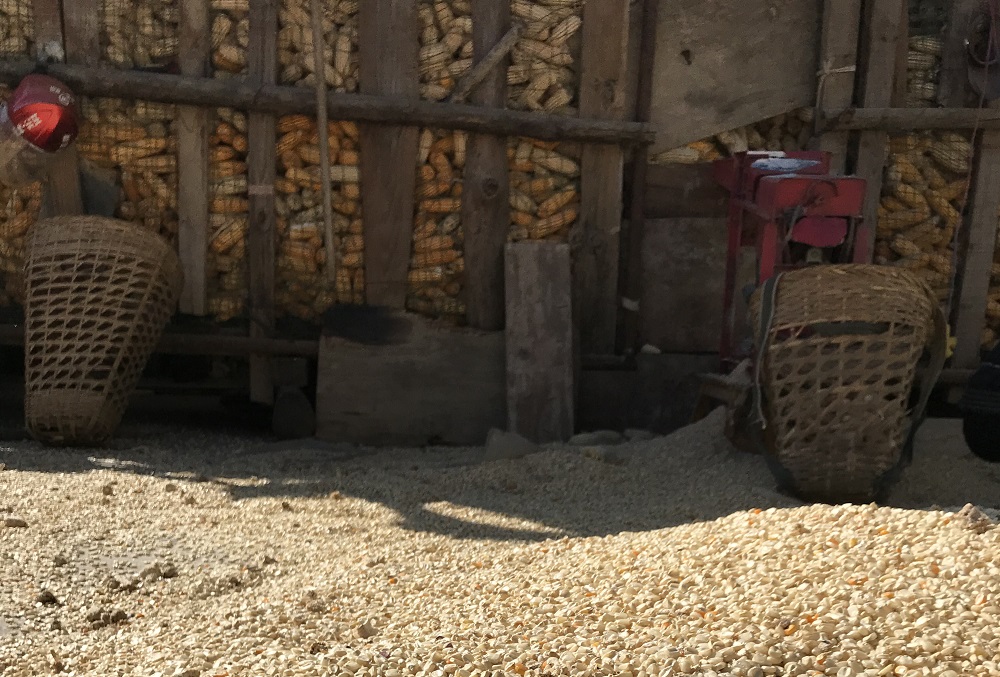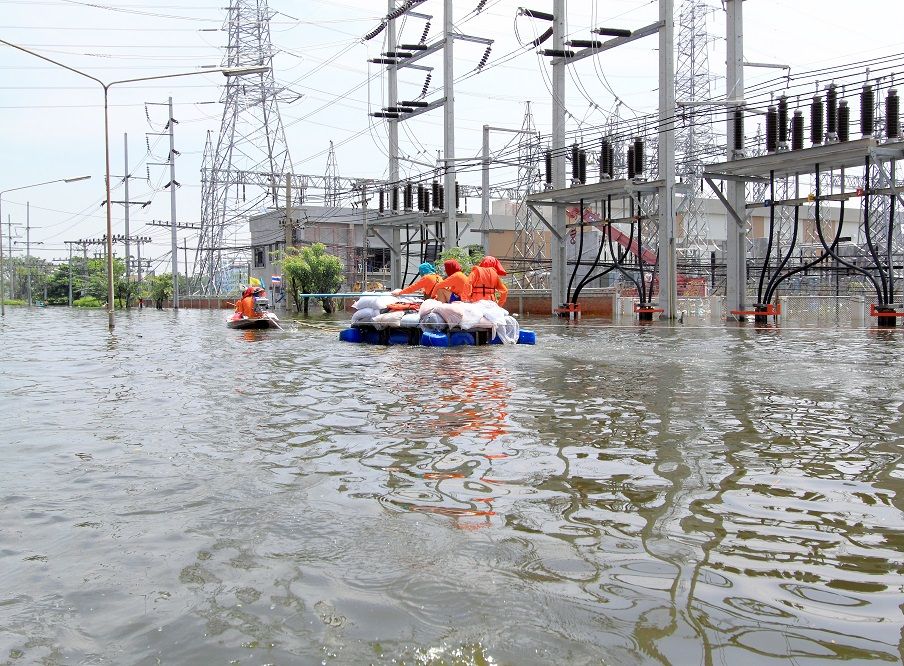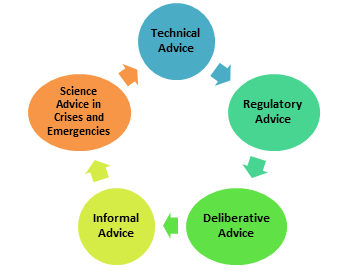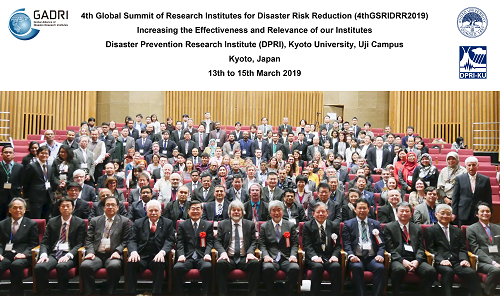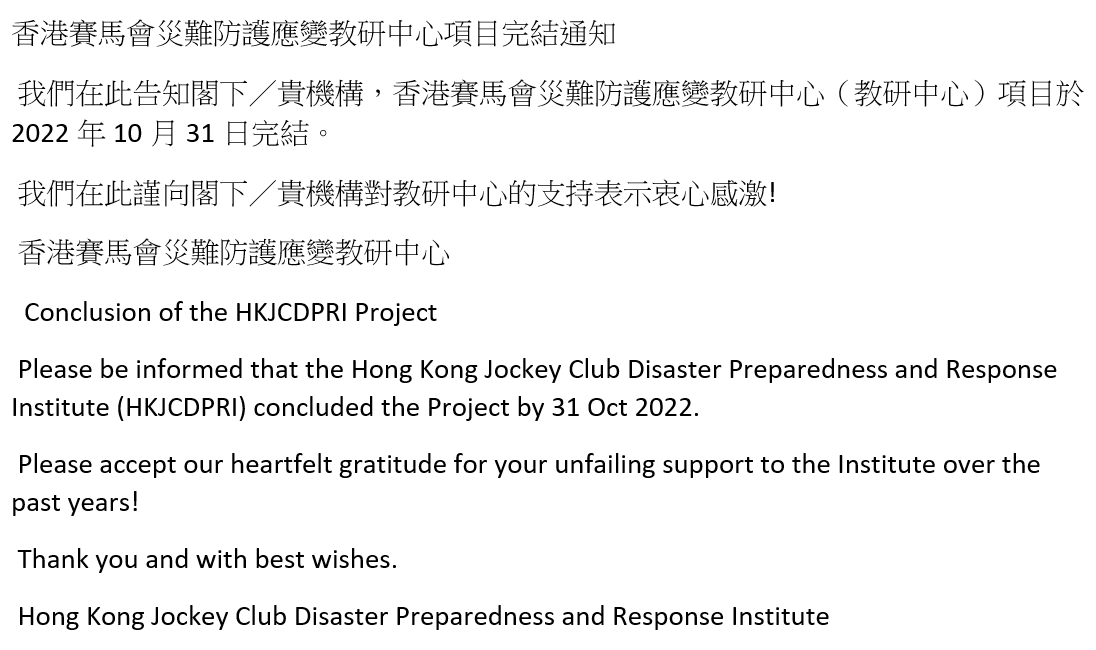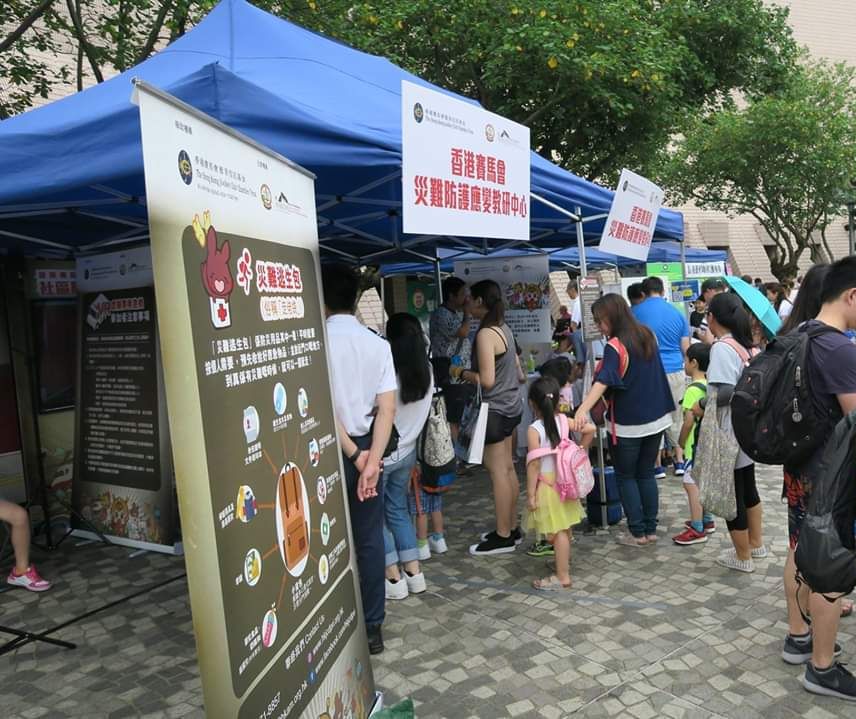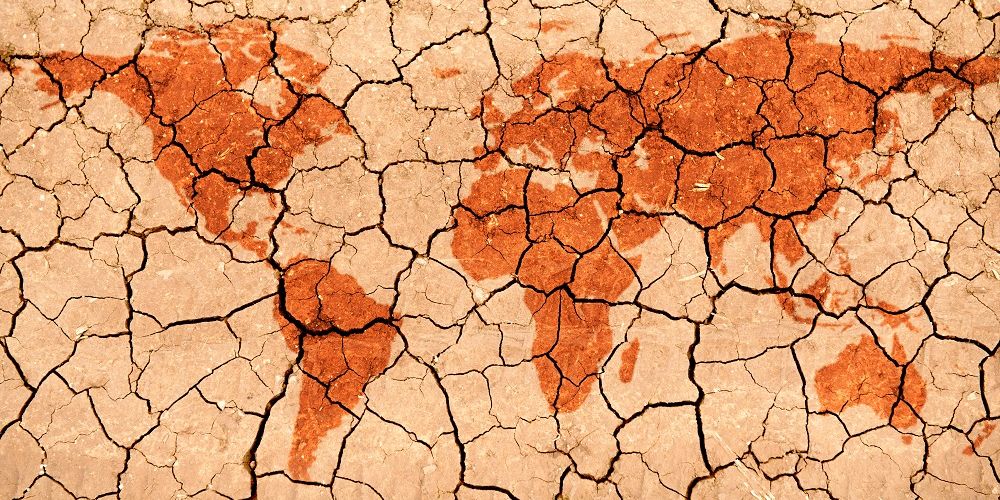You are here
電子學習平台
電子學習平台
我們歡迎全球人士,參加我們的電子學習計劃。

2019

28/03/2019
我們很高興為你介紹一個由香港社會醫學學院及香港賽馬會災難防護應變教研中心 (教研中心) 合辦,並於2019 年 5 月 11 及 18 日舉行為期 1.5 天的災難管理培訓工作坊。這個工作坊是專為於災難防護和應變工作中,負責指揮或管理工作的醫護健康專業人員和相關界別的高級人員而設,目的為向參加者分享實用技能和策略,以改善他們在衞生災害和災難期間的指揮和溝通能力。
各界傳媒人士和企業顧問將會在工作坊中與參加者分享本地的災難處理經驗。請在「下載」的右下方功能表中查看工作坊詳情,重點項目包括:
分享和平與戰爭期間的領導經驗 — 梁智鴻醫生
山泥傾瀉的災難管理 — 張偉文 博士
香港社交媒體狀況及社會聆聽和監察服務的最新消息 — Edmund Lee 先生
大數據挖掘及透過近期的重大熱門新聞探討相關例子 — James Leung 先生
工作坊詳情如下:
日期及時間
5 月 11 日 (星期六),上午 9:00 – 中午 12:30
5 月 18 日 (星期六),上午 9:00 – 下午 5:00
地點
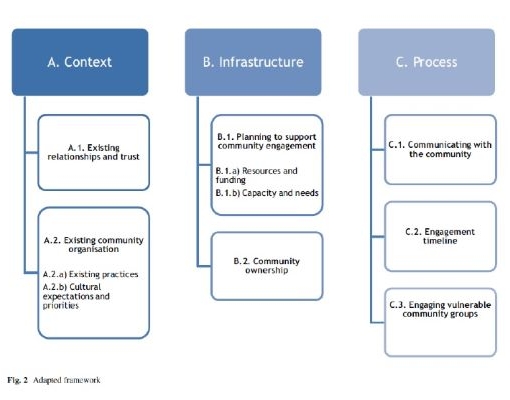
28/03/2019
[本文只供英語版本。]
In the event of emergencies, all stakeholders are encouraged to have effective plans which aim at mitigating the social and economic disruption of entire communities. Hence broader community engagement is a key to successful disaster risk management and emergency response. However, there has not been an up-to-date summary of the existing evidence on the enablers and barriers to community engagement in this context.
What did the research involve?


21/03/2019
[本文只供英語版本]
[本文只供英語版本]
The Black Death, Spanish Flu, SARS, Ebola ... In the history of mankind, deadly infections and appalling disasters are inseparable. Science has given us the ability to hunt down the pathogens. However, pathogens – new and old – keep emerging and evolving in every corner of the planet. In today’s highly interconnected world, a single sneeze may set off a global pandemic.
Are you prepared for the next pandemic? How can we prepare for disasters caused by infectious diseases? This e-learning module is about biological disasters, the third in our series of e-learning modules on CBRN emergencies.
Pages
電子學習平台
This page lists all of HKJCDPRI’s or our collaborating partners’ online learning resources, including Certificate-bearing e-Learning modules, webcasts and case studies.
All resources listed here are freely and publicly available. We ask users to use them with respect and credit the authors as appropriate.
You may have to log onto DPRI’s Moodle Platform in order to access some of the materials.



